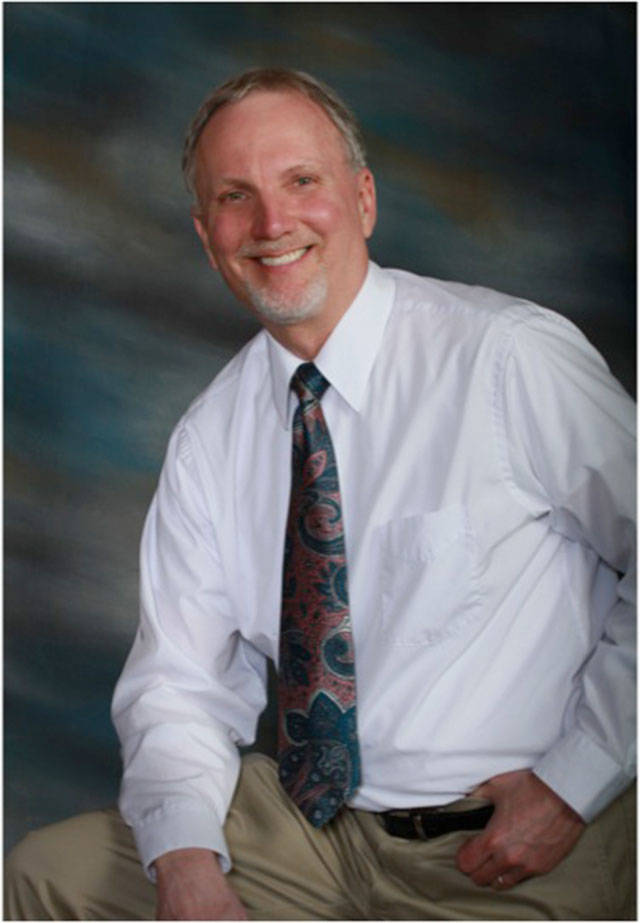What would it have been like to live in Washington after the Stock Market Crash of 1929 and the onset of the Great Depression? Or after the bombing of Pearl Harbor and the subsequent U.S. entry into World War II? For readers old enough to remember the 9/11 attack, how did that series of events affect you?
Only a few of our number — those over 102 years of age — might remember the deaths of the Spanish Influenza of 1918-20 that killed up to 50 million people worldwide.
All of these events drastically changed the lives of the people who experienced them firsthand.
There are two emotions that these periods of chaos elicited: Fear and uncertainty. We humans hate both because they remind us of our mortality. The ’29 Crash and the Great Depression are probably the closest time of chaos to our present time.
Had you been living in Washington State between 1929-1939, some of you would have suffered the loss of your fortune as stock prices plummeted. If you were like most people at the time, however, you likely wouldn’t have invested in the market. Only about 5 percent of the population owned stocks. You would have been deeply affected by the collapse of banks, though. All your life’s assets might have disappeared behind the locked doors of your financial institution as bank after bank collapsed, unable to pay their depositors their savings.
The stock market crash caused a domino effect of factories closing. Business owners could not get loans. Their workers had to be laid off because there was not enough money to borrow to buy the raw materials needed to produce their products. As factory after factory closed, workers were laid off. There was no unemployment insurance or government welfare programs. Many Americans didn’t have enough money to pay their mortgages or buy food. Many became homeless and hungry as a result. Soup kitchens arose across the state to feed those who were destitute.
With the election of Franklin D. Roosevelt in 1932, a change in thinking about the role of government began to evolve. FDR took charge, closing the banks in what he called a bank holiday. No bank was to reopen until it had been stress-tested to show the public that it was financially sound. Congress passed the Federal Deposit Insurance Corporation (FDIC) to ensure depositors’ savings would be secure from future bank closures.
The Federal Government set up programs like the Public Works Administration and Works Progress Administration, which created jobs for the unemployed such as building bridges and highways. For young adult males, the Civilian Conservation Corps was created to provide jobs working in the federal forests and national parks building trails and roads. The government set up a program to provide for loans for home buyers. It was called the Federal Housing Administration (FHA) and is still with us.
Later in the 1930s, FDR got Congress to pass funding for the Tennessee Valley Authority (TVA) which built dams in Tennessee to provide jobs, irrigation water, and electricity to families and businesses in that impoverished region. In Washington State, the federal government provided funding to build the Grand Coulee Dam between 1933 and 1942. The goal was the same as with the TVA.
FDR got a lot of pushback in his drive to get Social Security and welfare laws enacted in the mid-1930s. Concerns about the federal government’s overreach into the lives of Americans became a much debated issue just as they are today.
Today, we are living in a time when Congress passed several aid bills dumping trillions of dollars into taxpayer and business pockets. Further trillions have been poured into the economy by the Federal Reserve Board (which was strengthened by FDR during the New Deal era of the 1930s). Issues that have been blocked and ignored for decades have now come rushing to the fore: Universal voting by mail, talk of guaranteed income for all, and better health care coverage.
We are all experiencing another major time of social upheaval. As with the crises noted above, we don’t have much control. The best we can do is to adjust to the changes and the decisions forced upon us all. Uncertainty and fear are the legacies of all times of chaos and drastic change. We don’t know what life will be like at the end of this pandemic, but as with the other crises we have faced as a nation, we will eventually struggle our way out of this time of upheaval. America is a nation that has weathered far more lethal events in our history. We are a nation of survivors.


